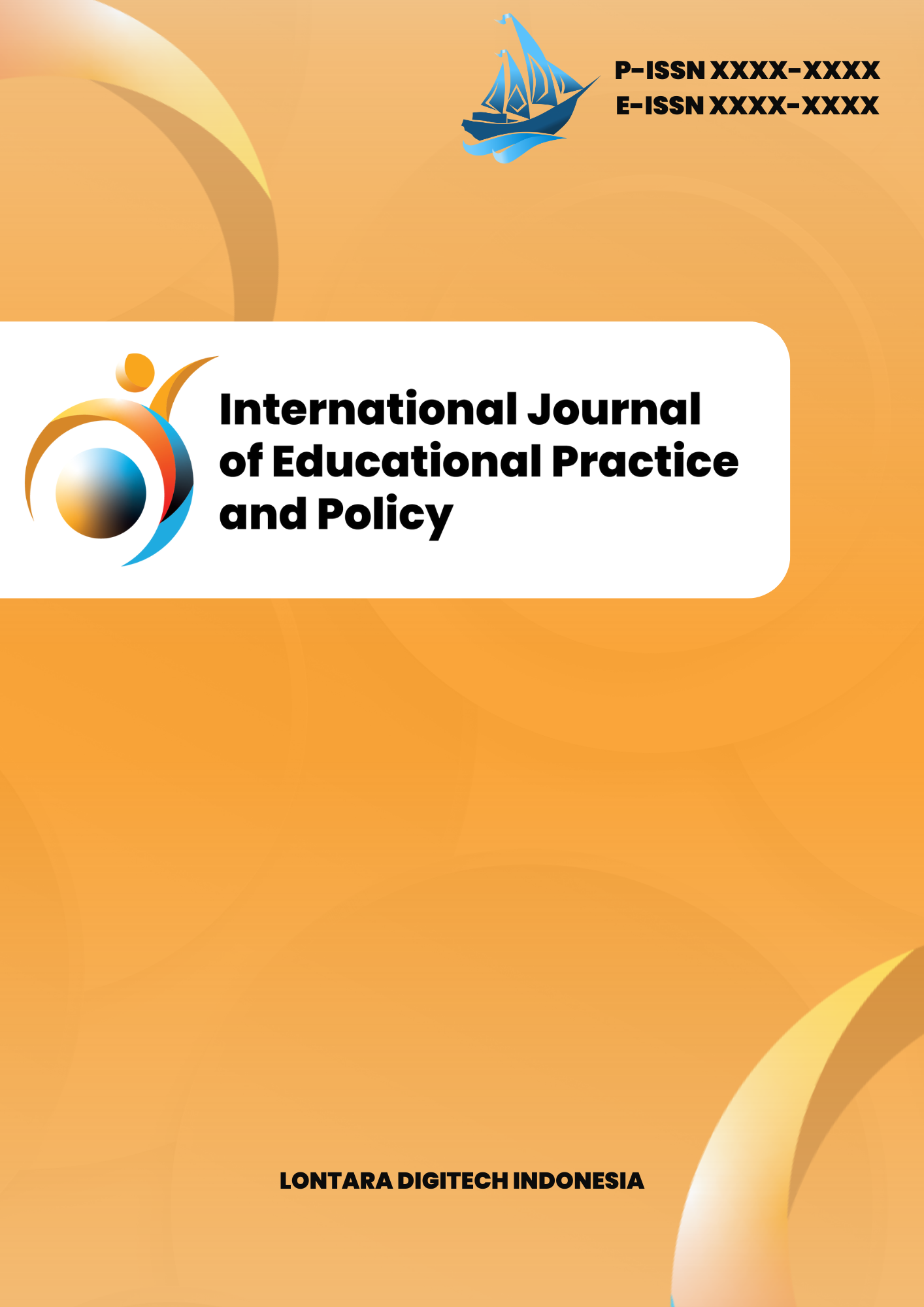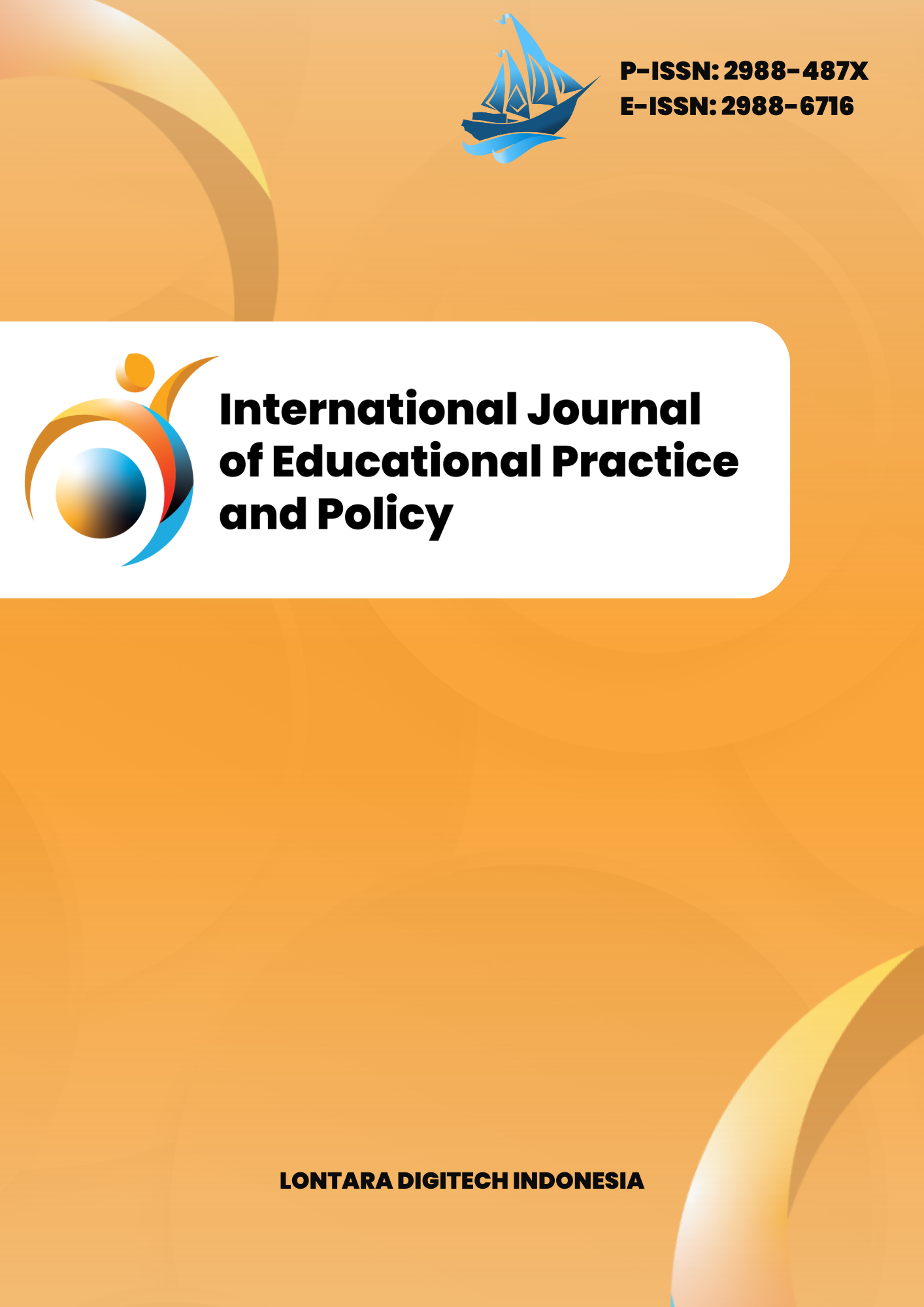Analysis of The Negative Impacts of Gadget Use on Early Adolescents
DOI:
https://doi.org/10.61220/Keywords:
Negative Impact, Gadget Use, Early AdolescentsAbstract
he purpose of this study is to analyze the negative impacts of gadget use on early adolescents. The presence of gadgets, particularly in the form of smartphones, has significantly contributed to daily life as a medium for information retrieval, interaction, entertainment, and even online business activities. The advancement of information and communication technology is increasingly benefiting society. Gadgets, as one of the products of this technology, have transformed human communication behavior by transcending space and time. A gadget is a small electronic device with specific functions, such as a smartphone. Essentially, this technology was created to make human life easier and more comfortable. However, the rapid technological advancements today have made it nearly impossible to find any area of human life untouched by their use, whether directly or indirectly. Along with globalization and the demand for rapid information exchange, negative impacts on early adolescents have emerged. These impacts include health issues, educational challenges, disruptions in social interaction, and even effects on family economics. Excessive gadget use among early adolescents can trigger harmful side effects such as an increased risk of depression, health problems, anxiety disorders, difficulty focusing, and other problematic behaviors. Gadget addiction can also hinder adolescents from socializing with their surroundings and increase the risk of loneliness. The role of parents is crucial in setting boundaries to prevent gadget addiction among children and mitigate these risks.
References
Ariston, Y., & Frahasini, F. (2018). Dampak penggunaan gadget bagi perkembangan sosial anak sekolah dasar. Journal of Educational Review and Research, 1(2), 86-91.
Dewi, W. N. A., Marini, M., Khasanah, K., & Rifandi, R. A. (2022). Sosialisasi Dampak Kecanduan Penggunaan Gadget Bagi Kehidupan Anak Sekolah di SMP Fransiskus Semarang. Manggali, 2(1), 120-129.
Hidayatuladkia, S. T., Kanzunnudin, M., & Ardianti, S. D. (2021). Peran orang tua dalam mengontrol penggunaan gadget pada anak usia 11 tahun. Jurnal Penelitian dan Pengembangan Pendidikan, 5(3), 363-372.
Katadata. (2016, August 8). Pengguna smartphone di Indonesia 2016–2019. Katadata. https://databoks.katadata.co.id/datapublish/2016/08/08/pengguna-smartphone-di-indonesia-2016-2019
Kogoya, D. (2015). Dampak Penggunaan Handphone pada Masyarakat: Studi Pada Masyarakat Desa Piungun Kecamatan Gamelia Kabupaten Lanny Jaya Papua. Acta Diurna Komunikasi, 4(4).
Nurhalipah, R., Yustiana, M., Saeni, S., & Muslih, M. (2020, December). Pengaruh Gadget terhadap Minat Belajar pada Anak-Anak. In Seminar Nasional Informatika (SEMNASIF), 1(1), (pp. 172-177).
Priatno, P., & Marantika, D. (2017). Analisa Penerimaan Teknologi Informasi Terhadap Prestasi Anak Menggunakan Metode Technology Acceptance Model. Konferensi Nasional Ilmu Sosial dan Teknologi, 1(1).
Sherlyanita, A. K., & Rakhmawati, N. A. (2016). Pengaruh dan pola aktivitas penggunaan internet serta media sosial pada siswa SMPN 52 Surabaya. Journal of Information Systems Engineering and Business Intelligence, 2(1), 17-22.
Sugianto, V. J., Prayanto, W. H., & Yudani, H. D. (2015). Perancangan board game mengenai bahaya radiasi gadget terhadap anak. Jurnal DKV Adiwarna, 1(6), 15.
Sundus, M. (2018). The impact of using gadgets on children. Journal of depression and anxiety, 7(1), 1-3.
Sunita, I., & Mayasari, E. (2018). Pengawasan orangtua terhadap dampak penggunaan gadget pada anak. Jurnal Endurance, 3(3), 510-514.
Wardhani, I. K., & Yuliati, I. (2021). Efektifitas Pendidikan Kesehatan Tentang Dampak Gadget Pada Kesehatan Remaja Di Salah Satu Paroki Surabaya. JPK: Jurnal Penelitian Kesehatan, 11(2), 15-19.
Downloads
Published
Issue
Section
License
Copyright (c) 2025 Siti Maisaroh (Author); Muhammad Takwin Machmud (Translator)

This work is licensed under a Creative Commons Attribution-ShareAlike 4.0 International License.























 Email : ijepp@lontaradigitech.com
Email : ijepp@lontaradigitech.com